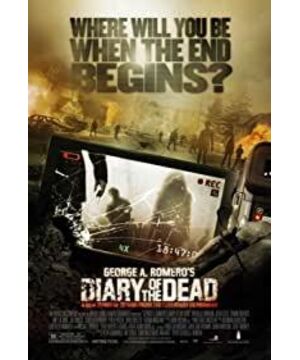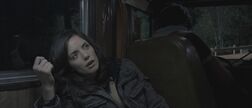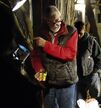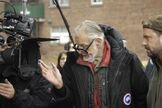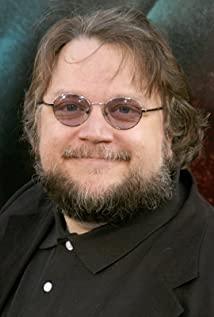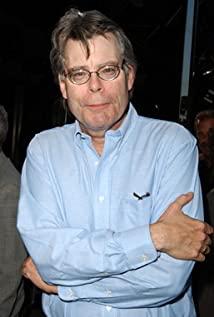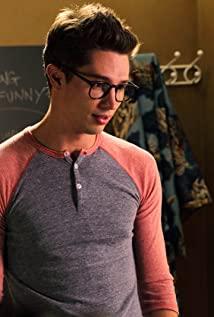This film uses the first field of vision, that is to say, some scenes will not appear due to the limitations of the protagonist, but they are replaced by a sense of substitution, a sense of self-substitution. This is something that a film shot with an omniscient and omnipotent third field of vision cannot give. As Jason thinks, if there is no filming and no recording, things are as if they didn't happen. He insists on his beliefs. He pursues the truth of all events. In a world where the media is controlled by politics and money, he hopes that the audience can get the truth from him. However, Debra, the only voice-over source in the film, also said something like this: There are more and more information, but the truth is getting more and more obscure, and finally it turns into noise.
Mobile phones, video cameras, and portable DV have made people more and more addicted to recording and uploading. When we saw the incident stopped, we did not step forward to help but watch. At this time, are you recording the truth or your own cruelty? Are we overly obsessed with technology and massive information, forgetting our own conscience and humanity?
The whole film is not so much a discussion of zombies, as it is a discussion of human nature. From the beginning, everyone knew that when the turmoil happened, everyone reacted the same way-going home, all the way to the ending video. There are many things in the whole film.
"Everyone tried every means to go out and leave home independently, but chose to go home at this time."-This is the voice-over that Debra said when everyone wanted to go home at the beginning.
Then Mary drove the RV to kill three zombies. She believed that she had killed people. Finally, she could not bear the condemnation of her inner morals and shot herself.
Then in the hospital, a few students faced the zombies for the first time, and for the first time they actually shot. And their professor said that during the war, it seemed that any atrocities were justified.
When they buried Mary, the woman in white couldn't bear to headshot her dead lover. Sitting in front of the lover's corpse holding the thought that he will not become a zombie, the final result is a headshot of the lover who will become a zombie with his own hands.
When Debra returned home, she found that her family had become zombies. She watched her brother being nailed to the wall, her father was eaten by her mother, and her mother was shot to death by an arrow in front of her.
It should be the protector of the people-the city guard must either store all the materials or take away other people's materials by virtue of their weapons. The protector turns into a looter, what a cold joke in such an environment where everyone is at risk.
At the end of the film is the last video clip that Jason downloaded before his death. A group of militiamen used zombies as live targets to practice guns. The laughing militia and the moaning zombies formed a strong visual contrast.
When a person has no humanity, can he still be called a person?
Is such a human being worth saving?
View more about Diary of the Dead reviews


